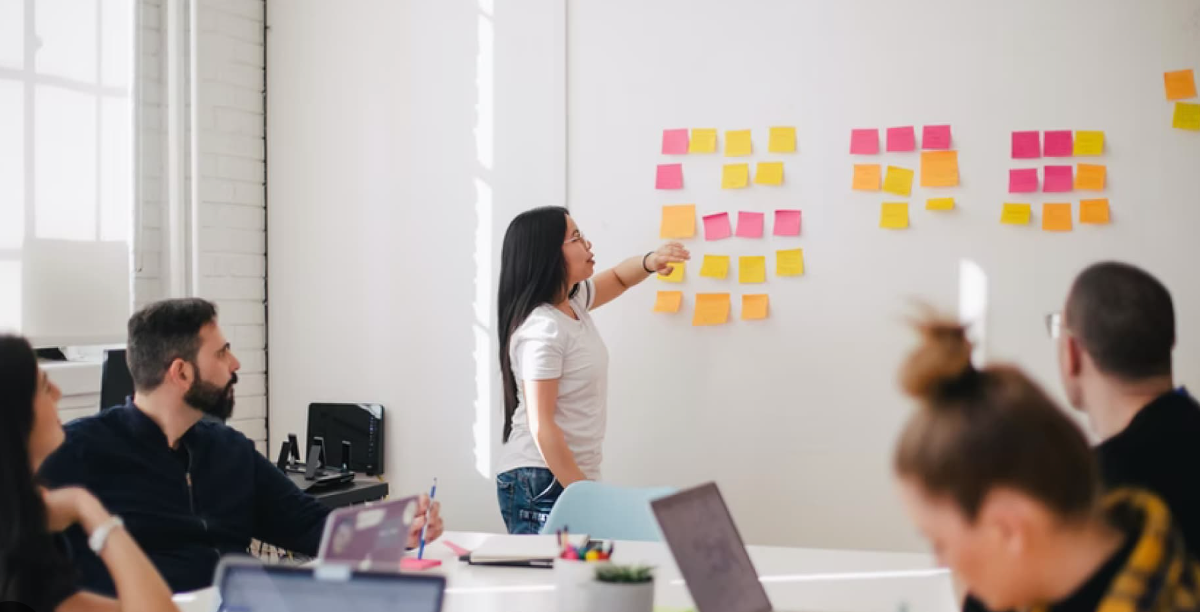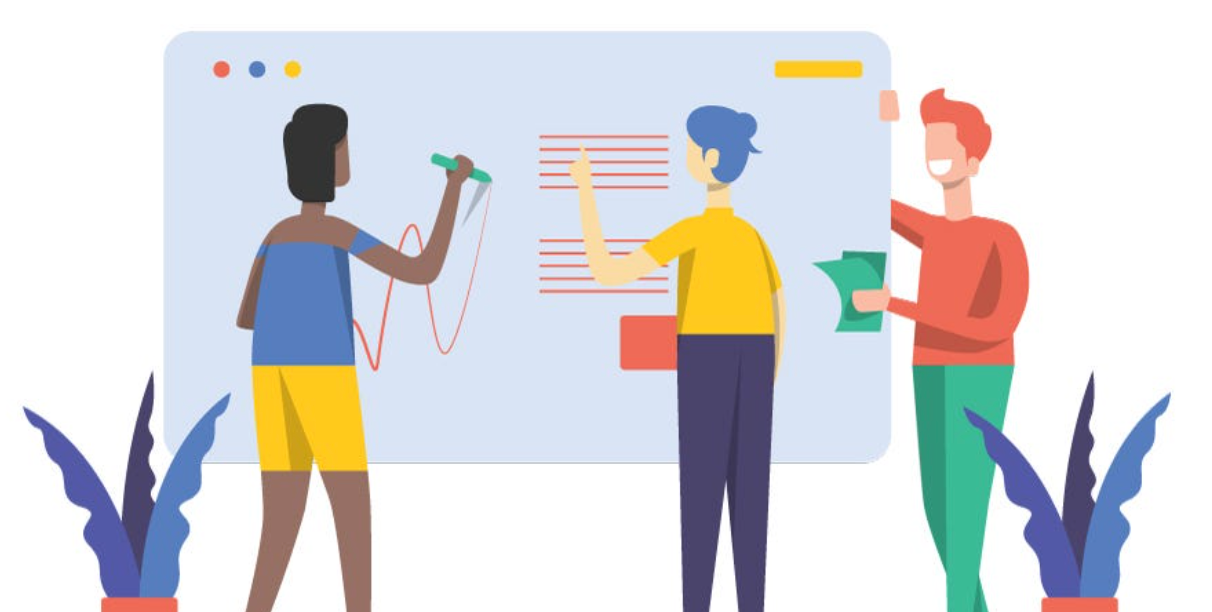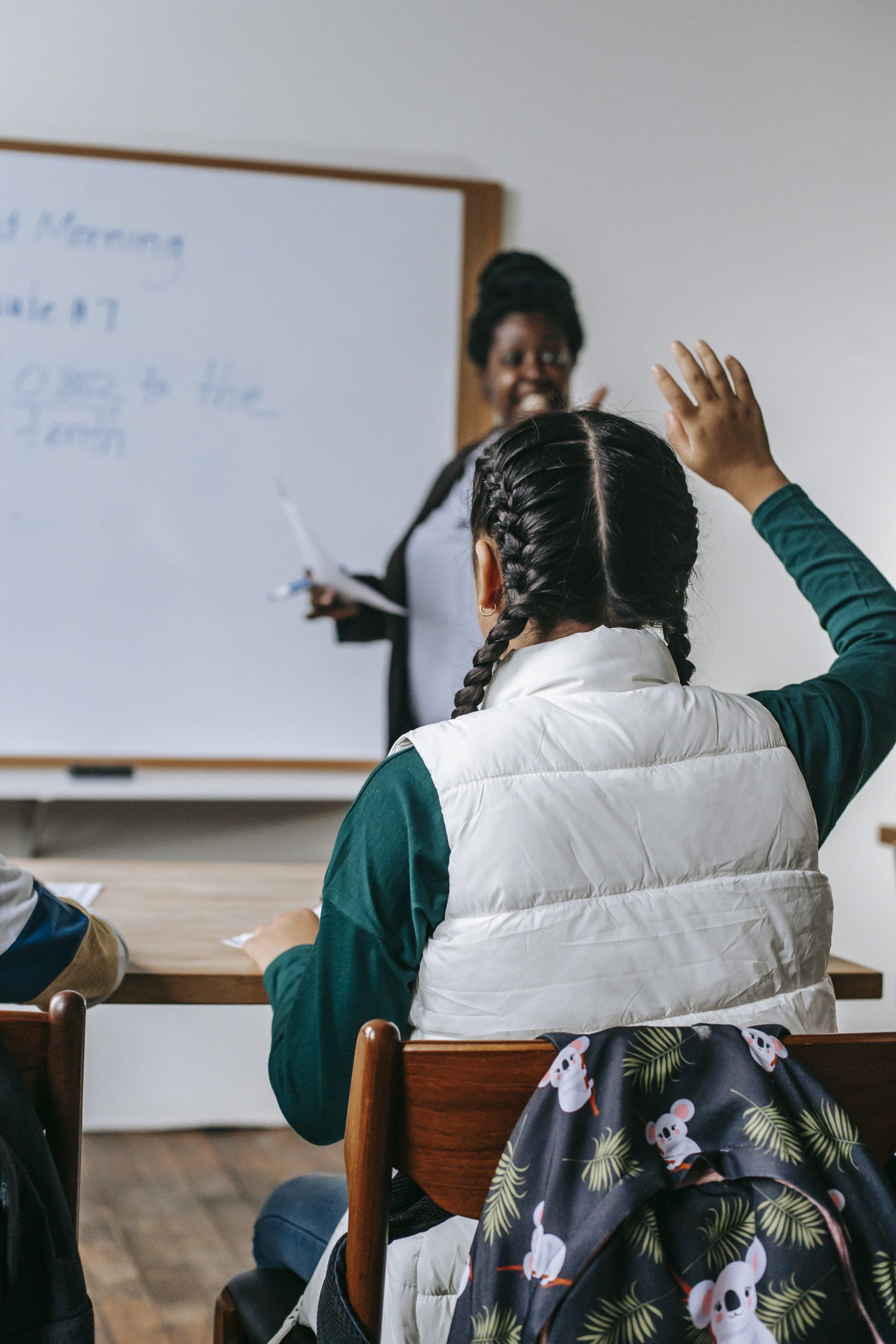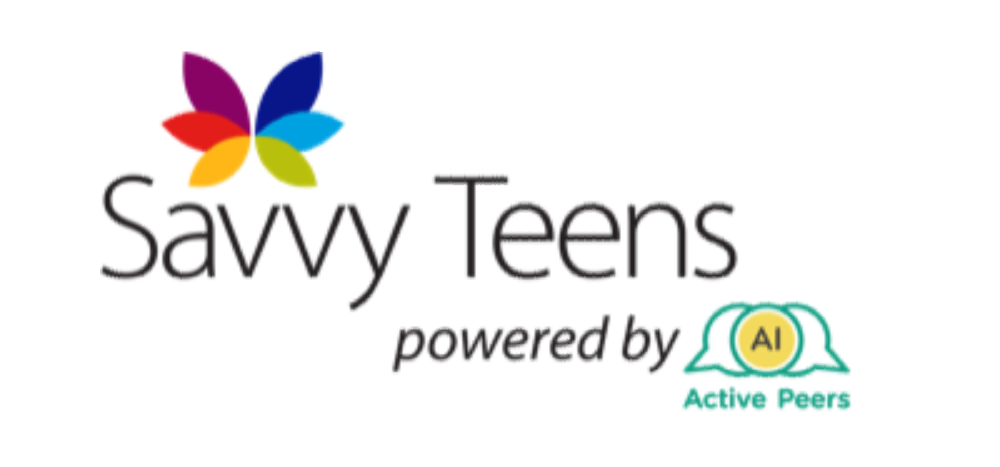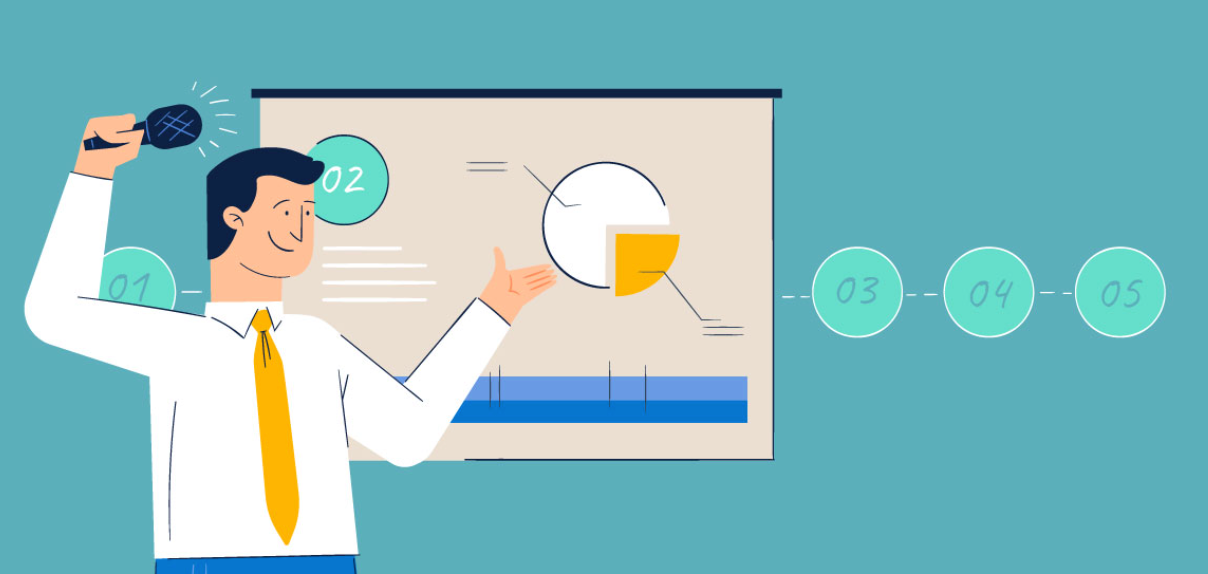Maximize Your Learning Using Peer Learning
How to maximise your learning using peer learning?
A scholarly report in Science Education International, Vol. 25, Issue 1, 2014 by the International Council of Association for Science Education suggested that a combination of theoretical lecture & demonstrations, together with active peer learning is the most effective method of improving engagement and involvement while encouraging understanding of important concepts.
On its own, theoretical lectures can not only become boring, but difficult for students to comprehend if they do not have practical knowledge of it. Active Learning is limited as well, because without an understanding of the theories and ideas, solving problems or understanding them is virtually impossible. Active and Passive Learning complement each other.
Last semester, I was looking forward to taking an Introduction to Sociology course in college. I had always enjoyed Psychology, particularly relating to Social & Behavioral Psychology, and I was told that I would probably enjoy it for that reason. The class bored me. When I wasn’t taking notes, I was often trying to either ignore my hunger, not fall asleep, think about what I had to do later that day, browse news articles or Twitter, or do my Statistics homework. The class just wasn’t all that interesting.
But after class I would carpool home with a good friend of mine. We would often have in-depth discussions about the topics, concepts, and ideas presented in the lecture that I found incredibly fascinating. We would talk through what the ideas were, consider them in the context of various random scenarios in the real world that seemed relevant and realistic. Those conversations really helped me to understand the ideas being presented to us and their importance, but because the class didn’t have that kind of conversation, it just wasn’t interesting.
The Science Education International report suggested that lecturers can dedicate part of their class period to answering questions and allowing for student discussions, supplementing the lecture portion with Active Peer Learning:
“When students learn that there is a specific place and time for their
questions, comments, and ideas, they feel that their personal contributions
are always welcome. This practice allows some delay from the pondering
moment to the question-and-answer period, and is thus more relaxing for
students. Students also have a chance to interact with each other when
pondering these questions, ideas, or comments, which enhances their
debating and reasoning abilities.”
As a college student taking Multivariable Calculus, I have observed many of my classmates stressed and confused. While they are able to ask questions during lecture, if they get confused on homework and try to ask a question about it, they were denied by the Professor, citing that she didn’t have enough time, and that it would push the class schedule back. Particularly in a challenging course like Multivariable Calculus, asking questions and working together is important for success, but my classmates have been left confused and stressed.
Using a peer learning approach has received positive reports from students:
“Students report that they have experienced peer assistant work as
motivating and an extremely useful change of pace. For the other students,
this practice has been welcome. This means that students have more space
and responsibility in problem solving and reasoning through the exercise
sessions, which also motivates students to get good grades.”
Harvard Physics professor Eric Mazur developed a method of peer instruction that is now widely used, where he provides “short breaks in a lecture” where students are given time to formulate answers to conceptual questions and then discuss them with each other.
Mazur states that, “[t]his process a) forces the students to think through the arguments being developed, and b) provides them (as well as the teacher) with a way to assess their understanding of the concept.”
My Professor in my Introduction to C++ Programming class does this well. In the middle of the lecture, he will give us a 10-minute break to relax, encouraging us to work through a problem or program that relates to what he was teaching. He also ends the class by giving us another problem or program to work through. This allows us students to apply the concept, ask him questions during the break, and then move forward. He also commonly uses the transition “any questions before we move forward” effectively inviting them.
A report from Stanford University stated: “[Peer learning] gives [students] considerably more practice than traditional teaching and learning methods in taking responsibility for their own learning and, more generally, learning how to learn. It is not a substitute for teaching and activities designed and conducted by staff members, but an important addition to the repertoire of teaching and learning activities that can enhance the quality of education.”
When in high school, I had a lot of study sessions with friends for math, Physics, essays, and more. I found that not only did those sessions teach us the concepts, but they also allowed us to learn how to work through problems. Especially if none of us actually understood the concept, we couldn’t just ask each other how to do it. We had to figure it out together, and building that ability was instrumental in our academic success. Moreover, it is a skill that applies to any problem or challenge that occurs in any area of life.
Final Word
The main points of this post are as follows:
- Peer learning, any kind of learning that is beyond traditional instruction such as lecture, that is done between peers is a valuable asset to the learning process
- Peer learning is by definition and by structure, active learning
- When active peer learning & passive traditional learning are used in combination, it maximizes student understanding and involvement in their learning
- Collaborative discussion or work allows for bouncing ideas off of each other that leads to greater insights
- Peer tutoring allows for personalized and friendlier instruction, where a tutor can answer questions and clarify concerns or questions
- Peer tutoring isn’t just valuable for the one being tutored, it also helps the tutor better understand material

